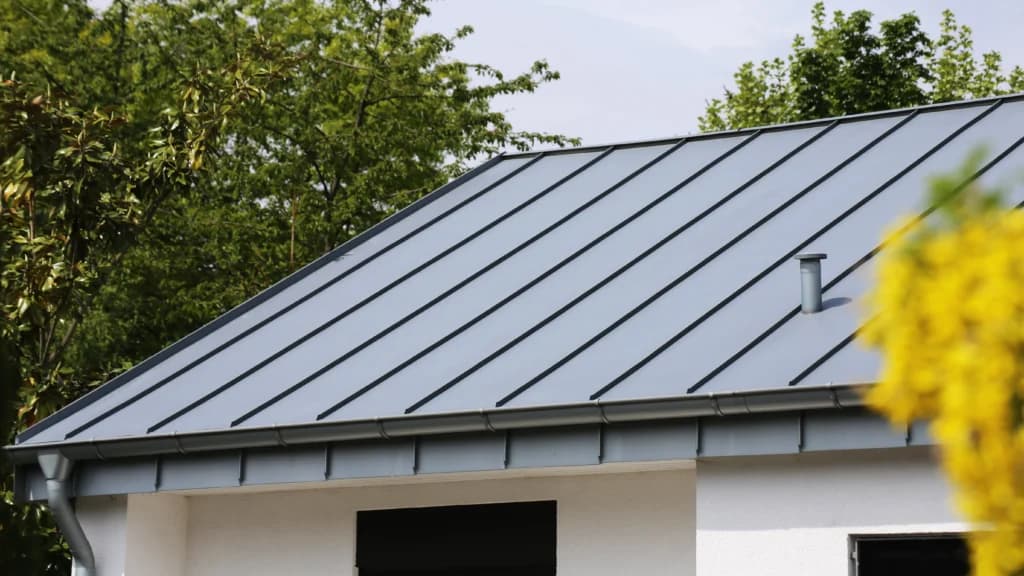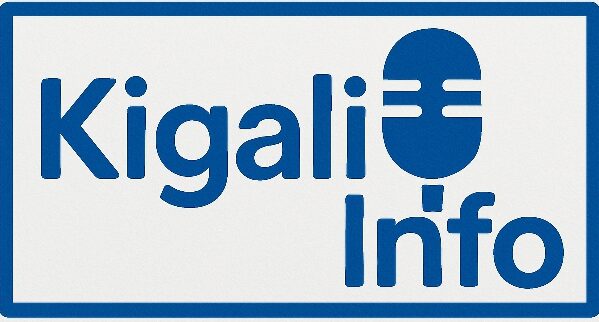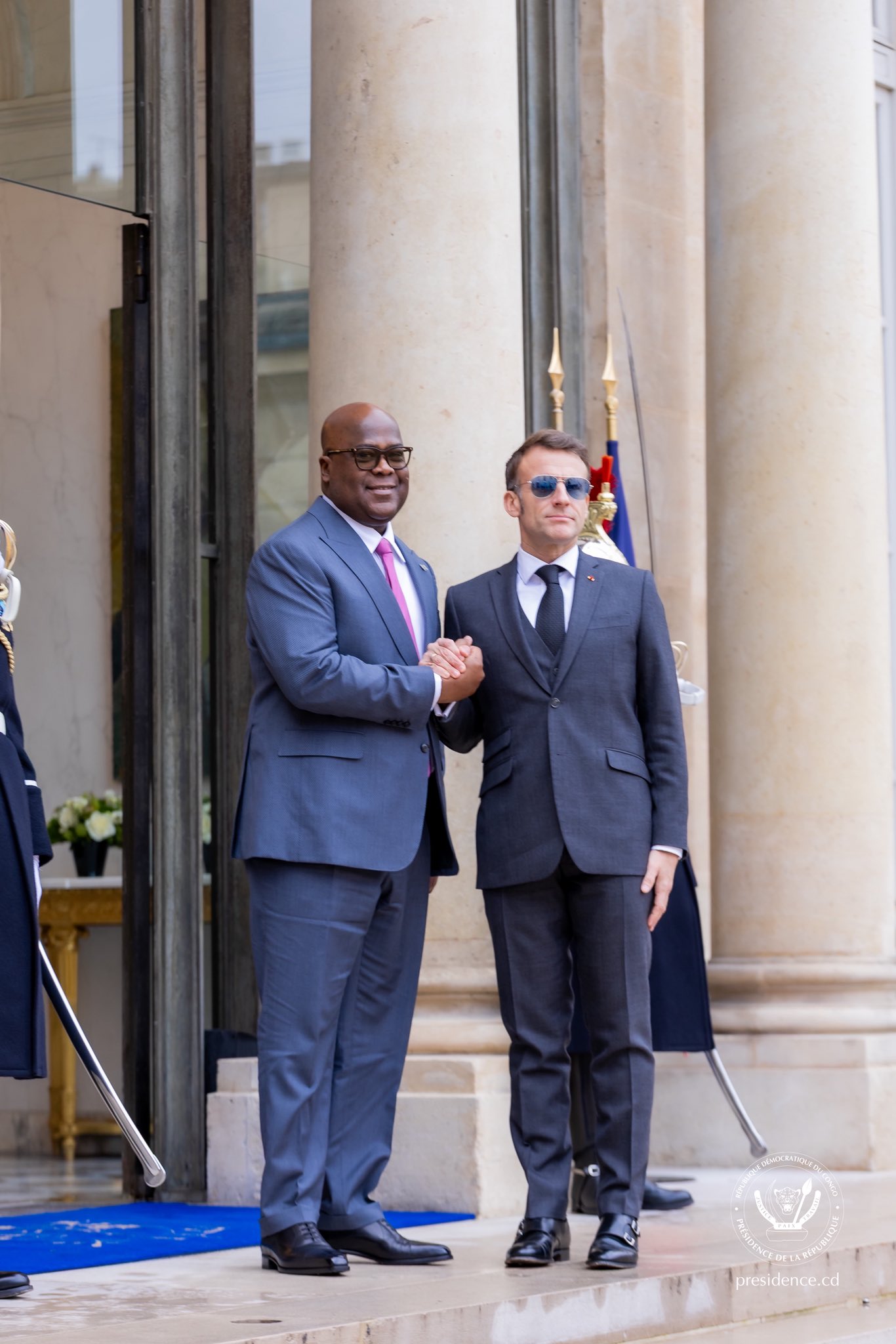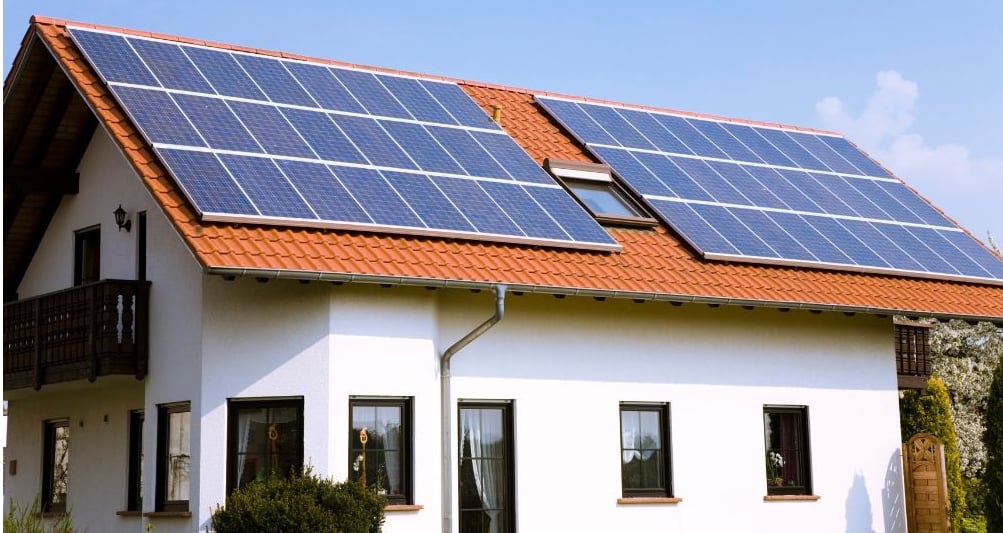
The Ministry of Infrastructure (MININFRA), together with Energy Private Developers (EPD) and other government partners, is promoting renewable energy—particularly solar power—by encouraging households to install solar panels with option to sell excess electricity back to the national grid.
MININFRA announced plans to launch a nationwide campaign urging citizens to mount solar panels on their rooftops, while EPD highlighted new innovations, including solar panels designed to serve as roofing material, already being used in countries such as China and across Europe.
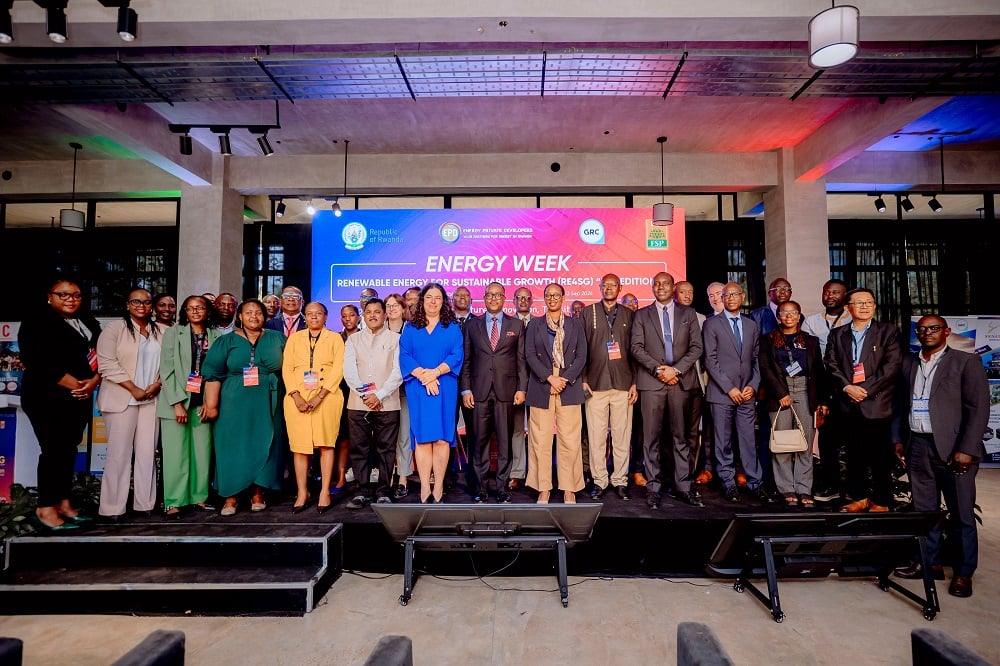
The announcement was made on Tuesday, September 9, 2025, during the fifth edition of Rwanda’s Renewable Energy Week, which showcases clean energy sources such as hydropower, solar, and methane gas from Lake Kivu.
Currently, Rwanda generates about 400 megawatts (MW) of electricity, supplying over 80% of households and industries nationwide. However, the government has set an ambitious target of reaching 3,000 MW (3 gigawatts) by 2050.
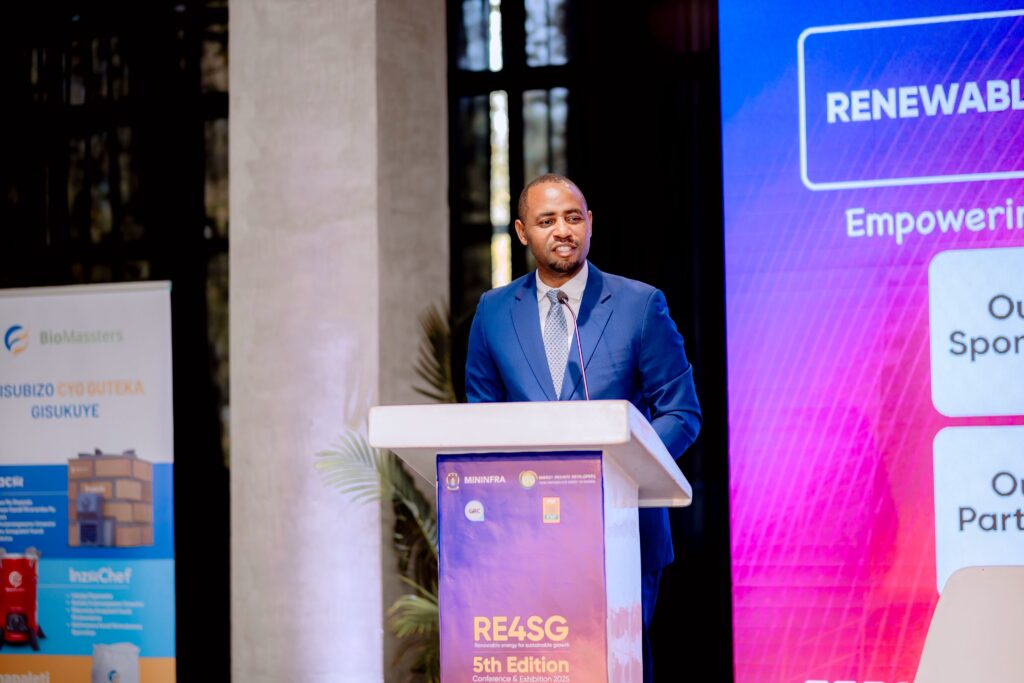
Speaking at the launch, State Minister in MININFRA, Jean de Dieu Uwihanganye, explained that solar power will be central to achieving Rwanda’s energy goals.
“Economic growth depends on the amount of electricity we can generate. Solar power used to be very expensive when the technology was still new, but costs have dropped significantly. That is why we are urging people to use their rooftops to produce solar energy for themselves. Today, solar equipment has become much more affordable,” he said.
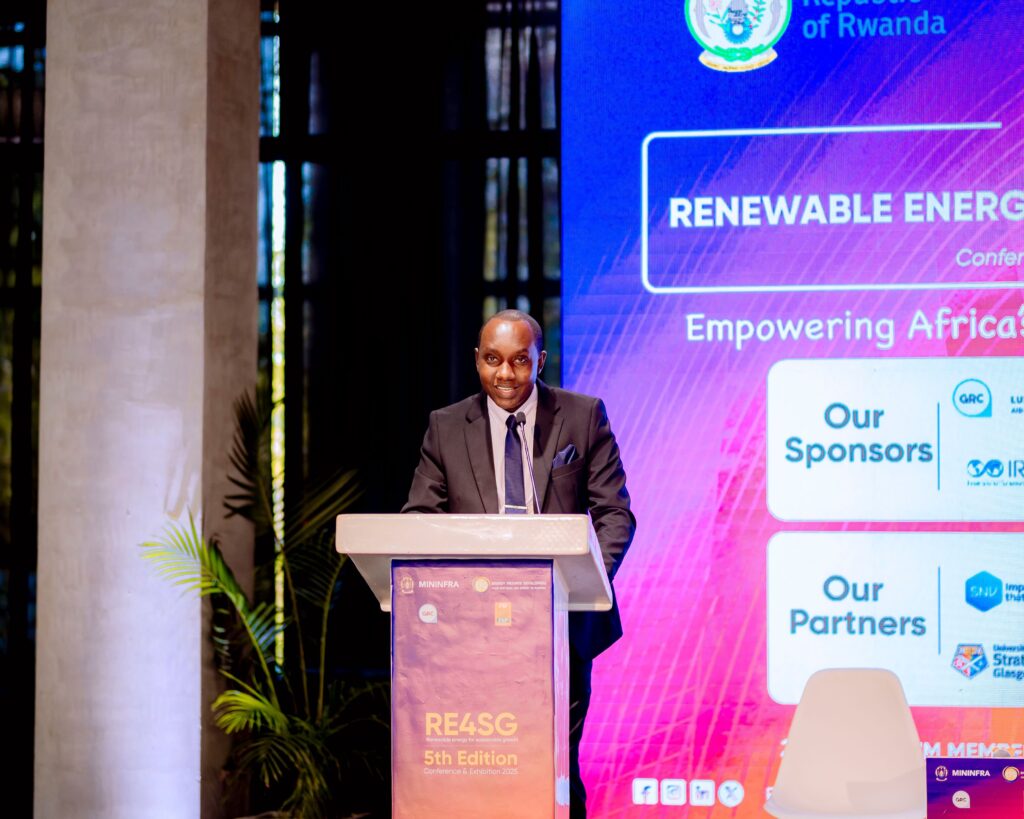
EPD Chairman Dr. Ivan Twagirashema echoed the call, noting that Rwandans can replace iron sheets with solar roofing that both shelters their homes and produces electricity. Consumers would use what they need and sell the surplus to Rwanda Energy Group (REG).
However, he emphasized that legislation is still needed to make this possible.
“You can install solar panels on your house, consume what you need, and give the rest to REG. At the end of the month, REG would measure what you supplied and pay you. This is already happening in Europe, but in Rwanda, we are still waiting for regulations to allow citizens to sell excess power,” Dr. Twagirashema explained.
MININFRA and EPD further highlighted investments in hydropower as another affordable renewable source, as technology in the sector continues to become cheaper. Plans are also underway to expand storage capacity using batteries to ensure a stable supply during power outages or shortages.
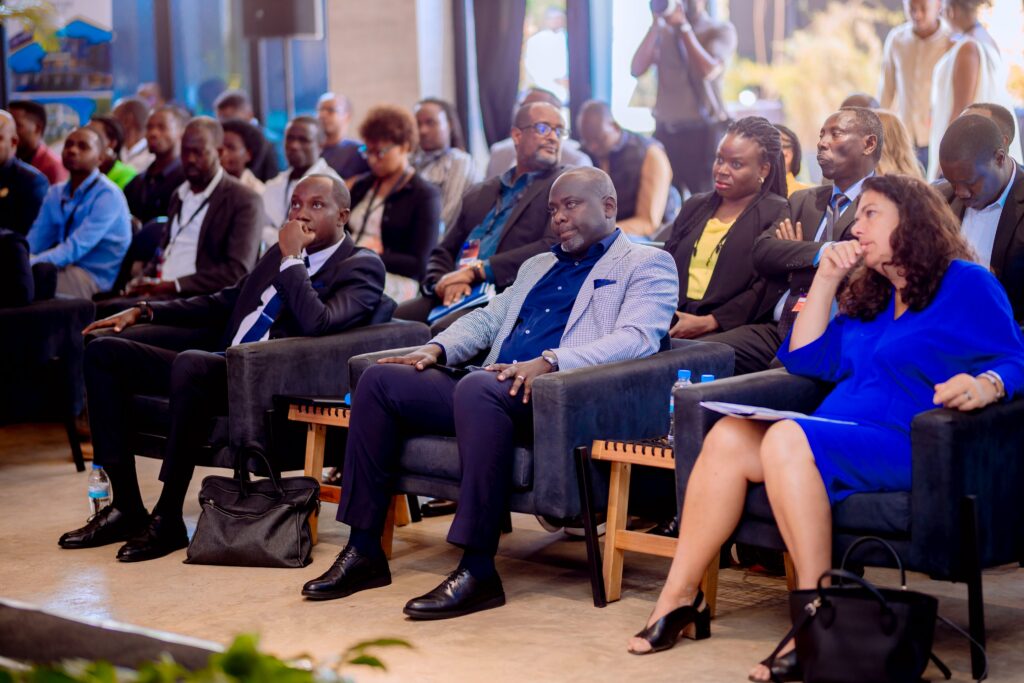
The European Union (EU) has pledged support to Rwanda’s renewable energy transition. EU Ambassador to Rwanda, Belén Calvo Uyarra, reaffirmed that the EU, in partnership with the African Union (AU), will continue funding projects—including hydropower dams—to help Africans access affordable and sustainable electricity.
